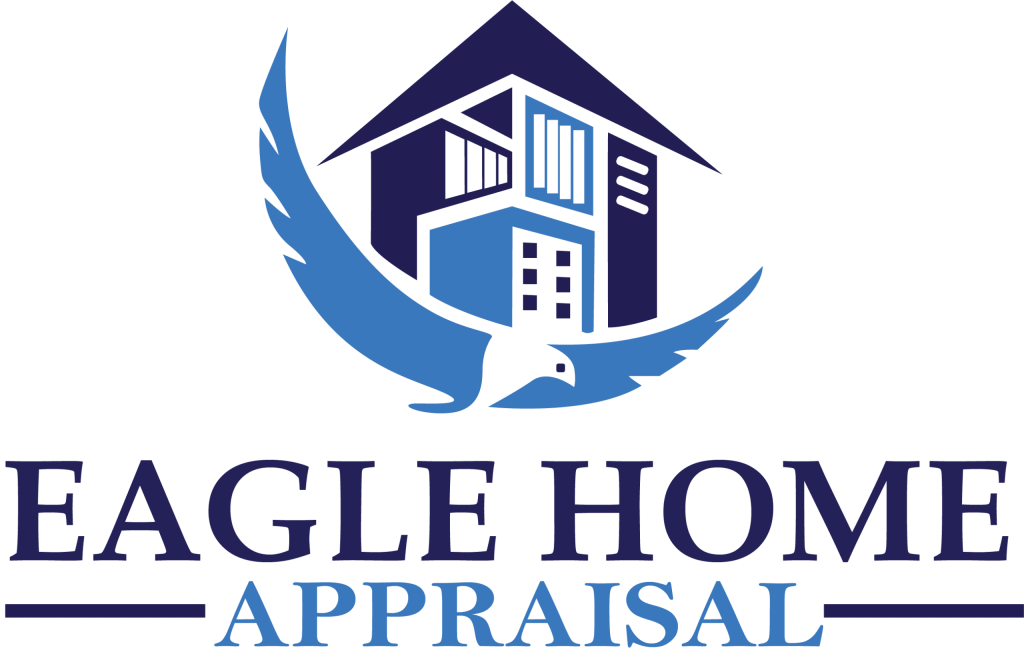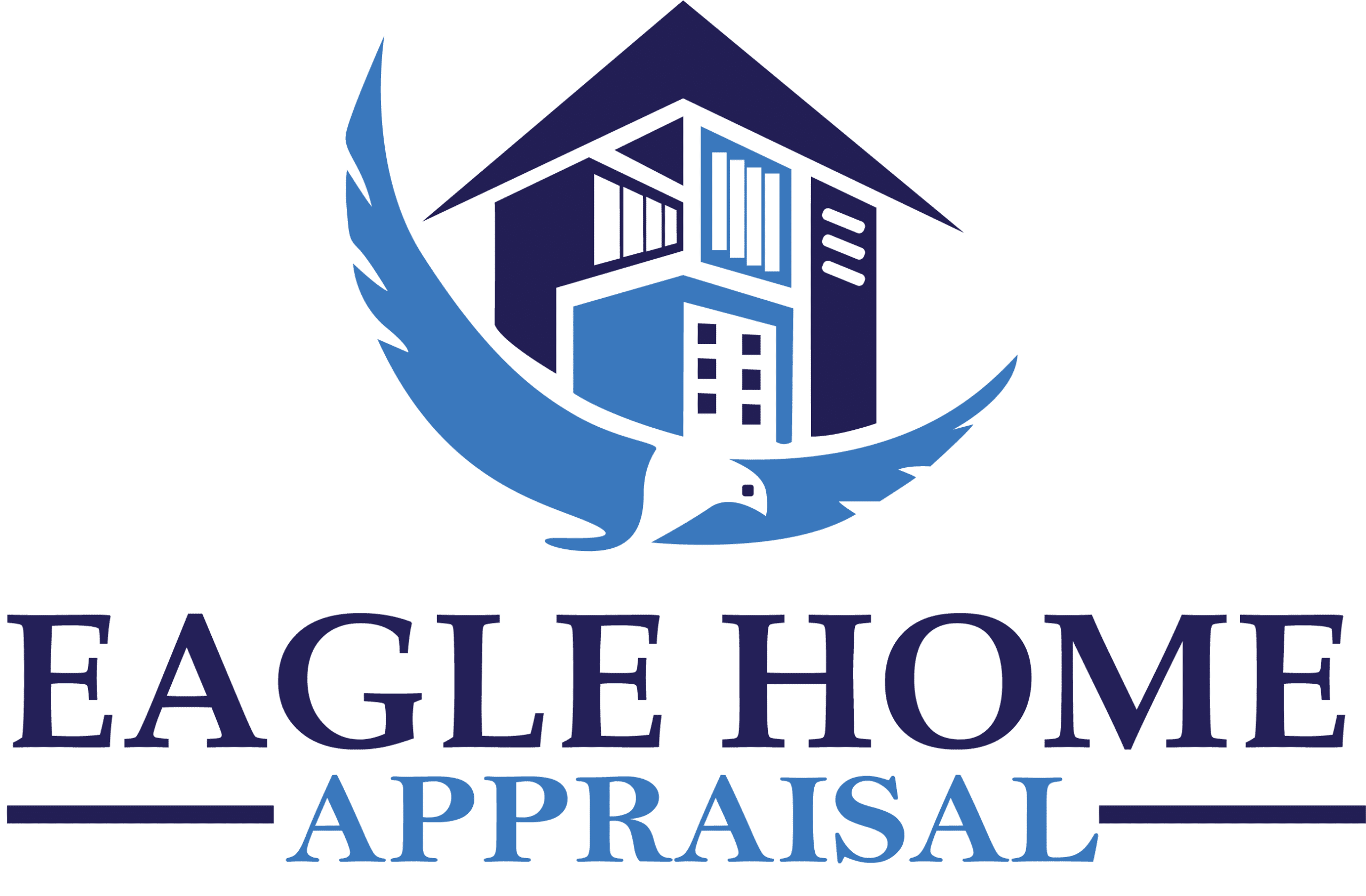How Do Appraisers Consider Recent Foreclosures In Gilbert Neighborhoods?
 Gilbert, Arizona’s real estate market thrives on accurate and transparent appraisals. Reliable property valuations serve as the backbone for smooth transactions, estate planning, and equitable settlements during divorce or probate cases. In recent years, the presence of foreclosures has added complexity, often influencing neighborhood trends and property prices. Appraisers must navigate these challenges, balancing statistical data, market trends, and local nuances. This introduction sets the stage for a deep dive into how appraisers meticulously consider foreclosures to ensure fair market valuations for the community.
Gilbert, Arizona’s real estate market thrives on accurate and transparent appraisals. Reliable property valuations serve as the backbone for smooth transactions, estate planning, and equitable settlements during divorce or probate cases. In recent years, the presence of foreclosures has added complexity, often influencing neighborhood trends and property prices. Appraisers must navigate these challenges, balancing statistical data, market trends, and local nuances. This introduction sets the stage for a deep dive into how appraisers meticulously consider foreclosures to ensure fair market valuations for the community.
Understanding Foreclosures in Gilbert
Foreclosures occur when a homeowner fails to meet mortgage obligations, resulting in the lender repossessing and selling the property. In Gilbert, while generally robust, the market has seen its share of foreclosures due to economic cycles, lending practices, and broader financial pressures. These properties often sell below market value, affecting neighborhood averages and influencing perceptions of overall home prices. Appraisers must differentiate between the typical sale and foreclosure transactions to maintain the integrity of their reports.
Appraisers are keenly aware that foreclosures convey more than just a sale price—they signal market stress, potential future trends, and possible shifts in buyer behavior. A rash of recent foreclosures may create downward pressure on comparable properties, but it does not automatically define the value of all homes in a neighborhood. Part of the appraiser’s task is to assess the extent and relevance of each foreclosure event within their scope of work. In Gilbert, the local economy, employment rates, and development patterns can mute or amplify foreclosure impacts, making a nuanced approach essential.
Another aspect is the physical condition of foreclosed properties. These homes are sometimes sold “as is,” often suffering neglect, creating skewed price references. Appraisers must note whether the sales are reflective of normal market activity or if they represent outliers due to atypical conditions. This discernment is foundational to establishing fair market value for non-distressed homes in the vicinity.
The Appraiser’s Role in Foreclosure Analysis
An appraiser’s primary mandate is to render an impartial, well-supported valuation of real property. When recent foreclosures are present, their analytical skills are tested. The appraiser will scour public records, Multiple Listing Service (MLS) data, and proprietary databases to create a comprehensive roster of comparable sales, including foreclosures.
Not every foreclosure is automatically included in the comparable pool. Appraisers look for sales that are exposed to the market, were not subject to duress, and were representative of what a willing buyer and seller would agree upon. Foreclosures must be weighed for their relevance—was the sale truly “distressed” or did it reflect a fair negotiation amid challenging circumstances? In Gilbert, the answer can vary block by block as neighborhood desirability and development plans shift.
If foreclosures are prevalent, appraisers will document the pattern: Is this a temporary spike or indicative of systemic issues? They analyze whether values have been depressed, remained stable, or rebounded, citing the most recent and relevant data. The appraiser’s report must provide clarity on why certain sales were included or excluded from analysis, offering transparency to all parties relying on the appraisal’s accuracy.
Ethically, appraisers cannot ignore foreclosure data. Their responsibility is to reflect the true state of the marketplace, not an idealized version bereft of challenging trends. In Gilbert, where buyers may be sensitive to foreclosure histories, appraisers educate stakeholders on both the immediate and lingering effects of these events in shaping property values.
Neighborhood Dynamics and Their Influence
Neighborhood context is critical in the appraisal process. Different areas of Gilbert possess unique characteristics—historic districts, suburban enclaves, new developments, or mixed-use communities—each responding differently to foreclosures. Appraisers conduct thorough fieldwork, researching local trends, amenities, school ratings, and infrastructure investments to understand the heartbeat of each neighborhood.
A single foreclosure in an otherwise stable block may have negligible effects, especially if the property is quickly rehabilitated and re-sold to an owner-occupant. However, concentrations of foreclosed, vacant, or neglected homes can undermine property values and spark further distress sales. Appraisers examine whether foreclosure activity is isolated or widespread, consulting local news, municipal data, and real estate agent feedback.
Community engagement and investment can mitigate foreclosure impacts. In vibrant neighborhoods, proactive homeowners’ associations or city programs may re-purpose troubled properties, stabilize values and uplift buyer confidence. Conversely, neighborhoods already facing external pressures—such as declining school scores or commercial stagnation—could see more pronounced effects from even a small spate of foreclosures.
Appraisers synthesize all these variables, mapping out trends to ensure their reports portray an accurate picture. Such diligence is essential for clients in Gilbert seeking a fair shake in buying, selling, or estate planning decisions.
Comparative Market Analysis and Foreclosures
Comparative Market Analysis (CMA) is a cornerstone of the appraisal process. When foreclosures are present, CMAs require thoughtful adjustments. Appraisers start by collecting recent sales of similar properties—ideally arms-length transactions between unrelated parties. Foreclosures, short sales, and bank-owned properties must be vetted for comparability.
Adjustments for condition, motivation, and terms are painstakingly calculated. A foreclosure sold at a steep discount may demand a positive adjustment when compared to a well-maintained, owner-occupied home. The key is to isolate the impact of distress from the underlying characteristics, ensuring the subject property’s value is not unfairly swayed.
In Gilbert’s market, appraisers may find themselves balancing a mix of conventional sales and distressed transactions. Their analysis must present a coherent justification for the selection and weighting of each comparable. Detailed narrative and grids show how values are derived, documenting why some foreclosures may be excluded—lack of market exposure, extreme disrepair, or non-representative terms.
Assumptions and rationale must be clearly articulated, providing stakeholders—be they lending underwriters, divorcing couples, or estate trustees—the confidence to rely on the findings. The ability to explain how foreclosures are filtered through the lens of market analysis is one of the hallmarks of a trustworthy appraiser.
Defining ‘Arm’s-Length’ and Distressed Sales
Appraisers must distinguish between “arm’s-length” and “distressed” transactions. An arm’s-length sale is one where both parties act in their best interest, free of undue pressure, and with full market exposure. Distressed sales, including foreclosures, often lack these elements—motivated by time constraints, lender imperatives, or occupant duress.
Gilbert’s appraisers scrutinize transaction histories, public notices, and title data to discern the true nature of each sale. Not all foreclosures are created equal; some might result from death or relocation, others from long-term economic difficulty. Appraisers judge whether the conditions align closer to normal market functions or if they represent outliers.
Why does this matter? Including too many distressed sales in an appraisal report can artificially depress values, potentially harming sellers, lenders, or other stakeholders. Conversely, ignoring them can paint too rosy a picture, misleading buyers about the market’s resilience. Appraisers walk a fine line, guided by professionalism and established standards, ensuring fair and defensible conclusions.
Recent regulatory standards in Arizona and nationally reinforce the importance of full disclosure. Reports must show how and why certain sales were deemed “distressed” and what adjustments were applied. This level of transparency is pivotal for the integrity of the appraisal process, especially in areas with mixed transaction types like Gilbert.
Adjusting for Foreclosure Impacts
When foreclosures occur nearby, it is not sufficient for an appraiser to simply note the transaction—they must adjust for the broader impacts. The process goes beyond mere comparison; it requires identifying trends and accounting for conditions that may not be immediately visible on a sales sheet.
Adjustments often involve detailed inspection notes, photographs, and market research. For example, a foreclosed home that was vacant for months may have deteriorated, affecting its sale price disproportionately. Appraisers consider whether a neighbor’s foreclosure prompts buyers to ask for discounts elsewhere, or whether it signals a bargain-hunting mindset taking hold in the marketplace.
In Gilbert, rapid population growth or upswings in employment may offset localized foreclosure impacts. Here, adjustments may be modest or even unnecessary. However, in slower-moving sectors, appraisers must ensure their adjustments reflect actual market sentiment. These calculations are clearly itemized in appraisal grids, supported by narrative explanation for the benefit of all stakeholders.
Ultimately, the goal is to produce an opinion of value that is credible, defensible, and meaningful for its intended use—whether in lending, estate planning, tax assessment, or legal proceedings.
Data Sources and Quantitative Analysis
Successful appraisal hinges on high-quality data. Gilbert’s appraisers have access to MLS records, public deed databases, proprietary software, and local government reports. Each data source is analyzed for reliability, timeliness, and relevance, especially when tracking foreclosures.
MLS entries for foreclosures may sometimes be incomplete or ambiguous. Appraisers supplement these with court filings, tax assessor records, or title histories. Cross-referencing is critical; an improperly labeled foreclosure could skew results or undermine trust in the appraisal report.
Quantitative analysis involves tracking the prices, time on market, and absorption rates of foreclosures alongside conventional sales. Appraisers use statistical methods—mean, median, regression analysis— to model the impact on overall values. In Gilbert, patterns may shift rapidly, demanding frequent updates to underlying data sets.
Appraisers often include charts and tables to illustrate their findings, making the data accessible for clients and decision-makers. Whether for mortgage underwriting, IRS tax filings, or divorce proceedings, this quantitative rigor separates reliable valuations from those merely offering an opinion.
Incorporating Local Market Expertise
Valuation is more than numbers; it requires deep market expertise. Gilbert’s diversity—ranging from quaint subdivisions to planned communities—means that local nuance can drastically affect how foreclosures influence values.
Appraisers maintain professional relationships with real estate agents, brokers, municipal officials, and homeowners’ associations. These contacts provide valuable insight into neighborhood pulse—are buyers worried about foreclosures, or do they view them as isolated incidents?
Local expertise also informs the appraiser’s perspective on potential recovery. Certain Gilbert neighborhoods may bounce back quickly post-foreclosure due to strong demand, while others may see longer-term effects. Appraisers attend forums, read local news, and participate in continuing education to remain up-to-date.
Clients benefit from this depth of understanding; appraiser reports are tailored to the specific realities of each micro-market, ensuring recommendations are actionable and reliable. Whether the task is settling an estate, finalizing a divorce, or executing a tax filing, local market knowledge provides essential clarity.
Communicating Foreclosure Analysis in Reports
Effective communication is integral to trustworthy appraisals. Appraisers structure their reports to clearly articulate how foreclosures were considered, what adjustments were made, and how conclusions were reached. Each step is documented, ensuring transparency for the client and all relevant parties.
Report narratives explain which sales were selected as comparables, how they were weighted, and the rationale behind any exclusions or adjustments. Tables provide at-a-glance insights into price trends, while appendices may include supporting documentation—such as photographs or condition assessments.
Gilbert clients often require this level of detail, especially in legal cases or IRS reviews. The ability to defend findings under scrutiny is a hallmark of Eagle Home Appraisal Gilbert’s service philosophy. Appraisers stand ready to provide expert witness testimony if required, clarifying any aspect of foreclosure analysis for judges, arbitrators, or other officials.
Transparent communication fosters trust, aids negotiations, and ensures that valuations will stand up to rigorous evaluation from stakeholders. Appraisers must master not only the technical aspects of the job but also clear, effective delivery of findings.
Appraiser Ethics and Professional Standards
Appraisers operate under a robust ethical framework, guided by the Uniform Standards of Professional Appraisal Practice (USPAP) and supplemented by Arizona state regulations. Foreclosure analysis demands integrity and objectivity—no cherry-picking of data or undisclosed biases.
Each Eagle Home Appraisal Gilbert professional understands the gravity of ethical reporting. Appraisers must avoid undue influence, ensuring that their opinions reflect true market conditions. If foreclosure data is relevant, it must be addressed— not glossed over.
Professional development is continuous. Appraisers attend workshops, maintain certifications, and abide by ethical codes. In Gilbert, this is especially important; the fast-paced real estate market requires diligence and ongoing education to ensure high standards are upheld.
Clients can be confident that Eagle Home Appraisal Gilbert’s reports adhere to these principles, providing credible, reliable valuations for homes and estates in a manner that withstands legal and financial scrutiny.
Overall
Foreclosures are an inherent part of the real estate landscape, and their presence demands thorough consideration in property appraisals. In Gilbert, skilled appraisers play an essential role in unpacking the impact of foreclosures, ensuring each valuation is grounded in reality, local expertise, and robust data analysis.
Eagle Home Appraisal Gilbert stands committed to delivering honest, comprehensive valuations that account for all market influences—including recent foreclosures. This capability provides homeowners, buyers, and industry professionals with the knowledge to make informed decisions and safeguards their investments and interests.
By understanding how appraisers consider recent foreclosures, clients are empowered in their real estate undertakings. Trust Eagle Home Appraisal Gilbert for impartial, expert insights and steadfast service as you navigate the market’s evolving landscape.
Divorce Appraisals
At Eagle Home Appraisal Gilbert, we specialize in providing expert divorce appraiser services, offering expert witness testimony when necessary.
Estate & Trust Appraisals
At Eagle Home Appraisal Gilbert, we offer a comprehensive range of professional estate appraisal services to facilitate estate and trust planning.
IRS & Tax Appraisals
At Eagle Home Appraisal Gilbert, we specialize in providing professional IRS tax appraisal services to minimize capital gains on inherited property.
Real Estate Appraisal
Eagle Home Appraisal is a group of independent fee appraisers committed to delivering competent, credible, and reliable appraisal reports.
Eagle Home Appraisal Services Near Me
Comprehensive Property Appraisals
Expert Witness Testimony
Fair Market Value Assessments
Rapid Turnaround Times
Customized Solutions
Contact Eagle Home Appraisal Today
For more information about our services, get in touch with Eagle Home Appraisal. Our team is dedicated to providing the best customer service, ensuring all your appraisal needs are met with professionalism and expertise. Contact us today to learn more about how we can assist you.
Get A Free Consultation

copyright @2025 all rights reserved | Privacy-policy





